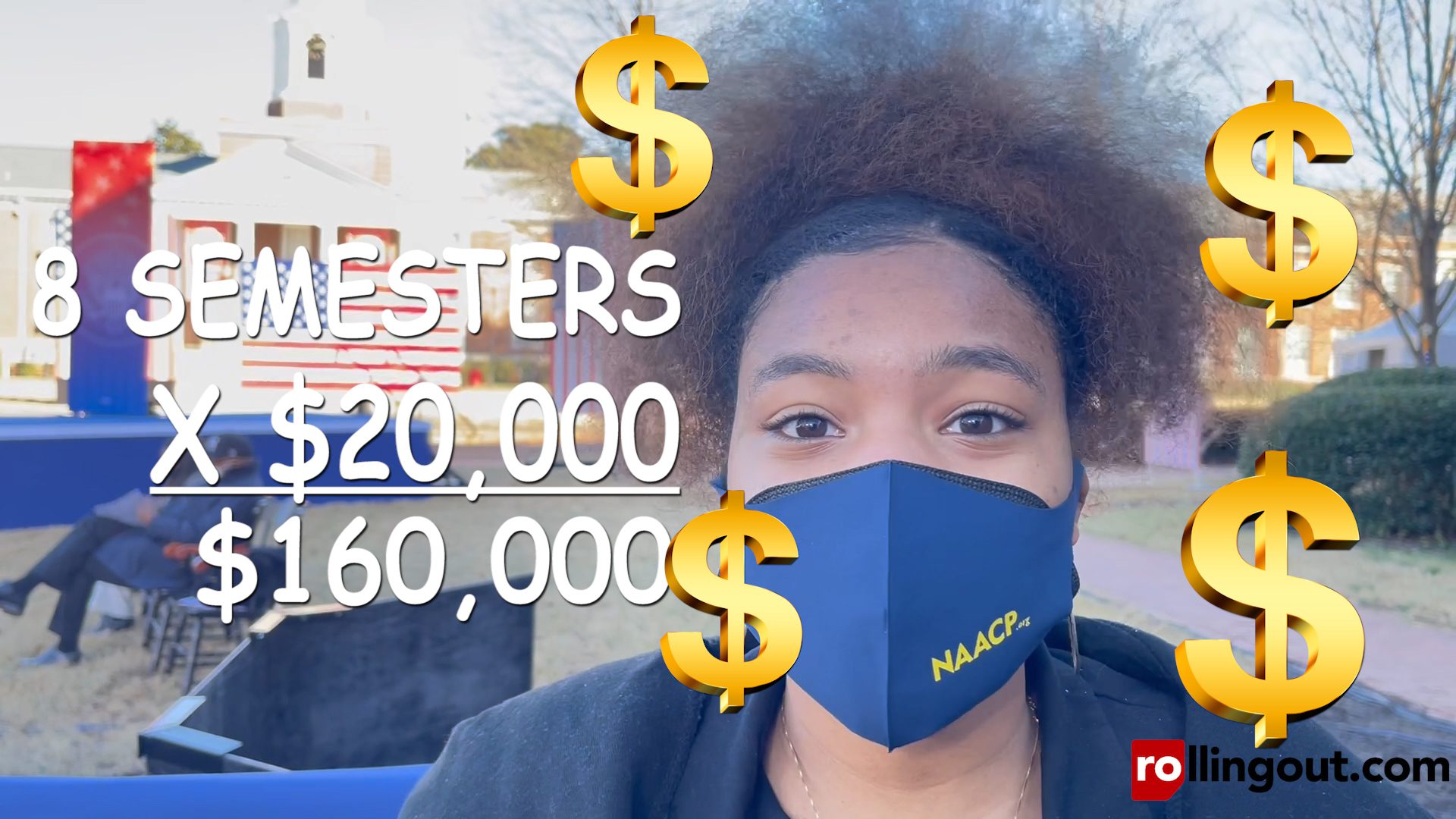
Most college graduates’ emotions today vacillate between rejoicing and the sobering reality that they are deep in debt and have to look for a job in a market as tight as a 300-pound man in spandex.
The days of exiting high school and joining the middle class via the auto manufacturing sector or the steel industry is as extinct as the electric typewriter and the VCR.
Lynn O’Shaughnessy, author of The College Solution, shared some tips on how to accrue wealth over the long haul and erode down that debt that acquiring that degree costs.
1: Start Now
Young college graduates don’t have much, if any, money in the bank when they graduate, but they enjoy a huge financial advantage over their parents and grandparents. They can maximize their savings with the power of compound interest.
Young college graduates, who start saving now, can save far less money and be much wealthier than Americans who realize in their 40s and 50s that they have to get busy stashing money away. Think of compounding as a snowball that has enough time to roll down an entire mountain instead of just one slope. That’s going to be one big snowball.
Financial Tip No. 2: Start a Roth IRA.
Opening a Roth IRA is a must. I’d put the Roth IRA into the same category as other indispensable things such as seat belts, golden retrievers, birthday candles and second chances.
Financial Tip No. 3: Invest in Index Funds
Stick with low-cost index funds. All my money, my kids’ money and my husbands’ money is sunk into index funds. I prefer Vanguard index funds, which are cheap and cover nearly all asset classes.
Financial Tip No. 4: Choose the Best Starter Funds
Initially, you won’t have enough money to spread among different investment categories so you might want to start with Vanguard Total Stock Market Index Fund VTSMX.
Another suggestion: Vanguard Small-Cap Value Index Fund VISVX. If you look at the performance of the major investment categories over many decades, small-cap value is king. This is the fund that my teenage son selected for his Roth.
Once you’ve accumulated more money, make sure you end up with a large-cap and a small-cap index fund, as well as an international stock index fund in your portfolio. I see no reason to bother with bond funds when you’re in your 20s unless you’re an inveterate nervous Nelly.
Financial Tip No. 5: Feed Your Roth Automatically
If you don’t pay yourself first, chances are you will never contribute to your Roth. While auto-investing works great with 401(k) plans, most investors don’t think to use automatic investing with their IRA.
–terry shropshire
















